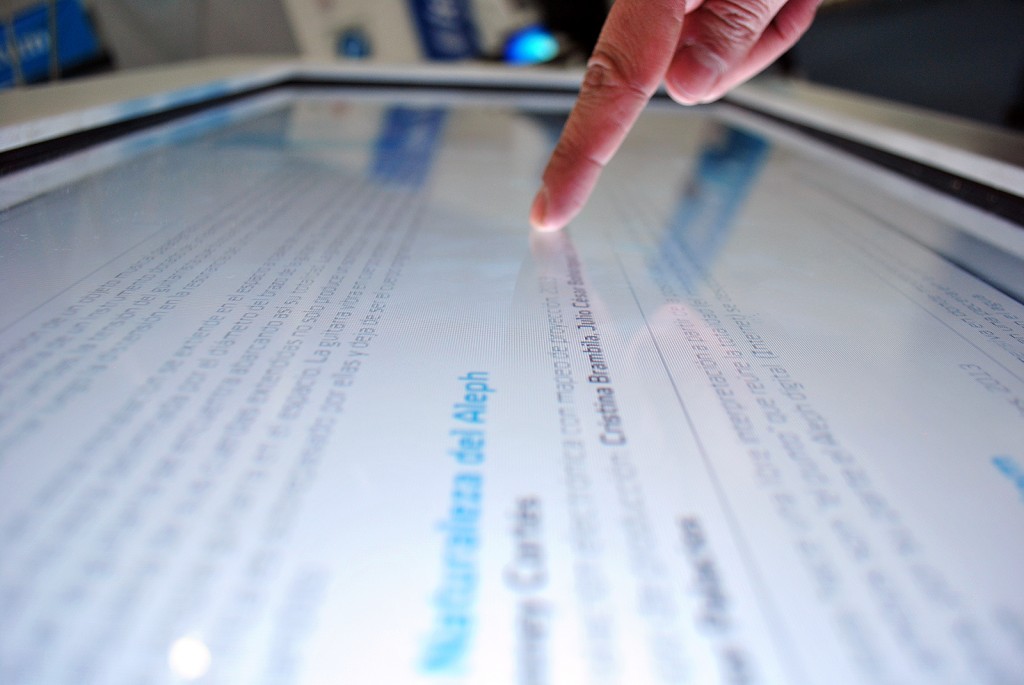If you are reading this, you probably think that you have the potential to be more productive. So what does productivity look like to you? The answer is probably about accomplishing those projects and tasks that will result in accomplishing your personal and professional goals. Right?
In the book 7 Habits of Highly Effective People, Habit 1 is Be Proactive. And in the Habit 1 chapter, Dr. Stephen Covey, introduces the Circles of Control and Influence. Dr. Covey states that proactive people focus their energy on those things they can control and they work on those things they can influence.
During a recent Accountability Workshop I attended, I was reminded of these circles and how they can be effective tools to increasing productivity in the workplace. Let’s face it; no one is creating value or being productive by spending time worrying about things such as hurricanes, terrorism, or economic recessions. We all get paid to produce, not worry.
Related: Become a Productivity Monster by Eliminating These 5 Time-Wasting Habits
Here are four great techniques I learned that you can use to improve your productivity as well as those around you:
1. Meeting agendas.
Review your agenda before distributing it and ask yourself “Are the items on this agenda things that I or someone in the meeting can control or influence?” Then remove any items that don’t meet these criteria. This technique has helped many managers to decrease the time they spend in meetings and increase the amount of time they have to execute.
2. Skipping irrelevant meetings.
Have you found yourself being asked to attend meetings when the agenda items are ones you have no control or influence over? One executive determined that he had a standing weekly meeting where he was not adding any value. So he approached the owner of the meeting. They both agreed that his time would be better spent on other activities and instead, if they needed him to answer a question, he would be available to respond to texts when the meeting was taking place. The result was that he freed up over a week of his time annually for those things he had control and/or influence.
3. Conversations with employees.
There may be people on your team or people you interface with who spend a lot of time outside the Circles of Control and Influence. When they start down the “path of worry” ask them –“Is this something you can control or influence?” And if the response is no then it is your opportunity to remind him/her that worrying about something that he/she has no control or influence is a non-productive activity. I introduced this technique to a business owner after she shared her frustration with one of her key employees who spent a lot of time worrying about things out of her control. When I had my next meeting with her she was ecstatic. Not only had the technique decreased the amount of worrying by her key employee, the employee started using the technique during her team meetings.
4. Emails.
Are you on a distribution list, which is discussing issues that you have no control or influence? Then it is time to ask to be removed from the list. Start by setting aside some time on your calendar and review the emails you are receiving. Then talk to the person who owns the distribution list that you are unable to control or influence the situation. Get curious first by asking what input they are expecting from you. If you still believe you can’t control or influence the issue, request that your name be taken off the list.
Which of these four techniques are you committed to starting in the next week so you and/or your team can be more productive?


